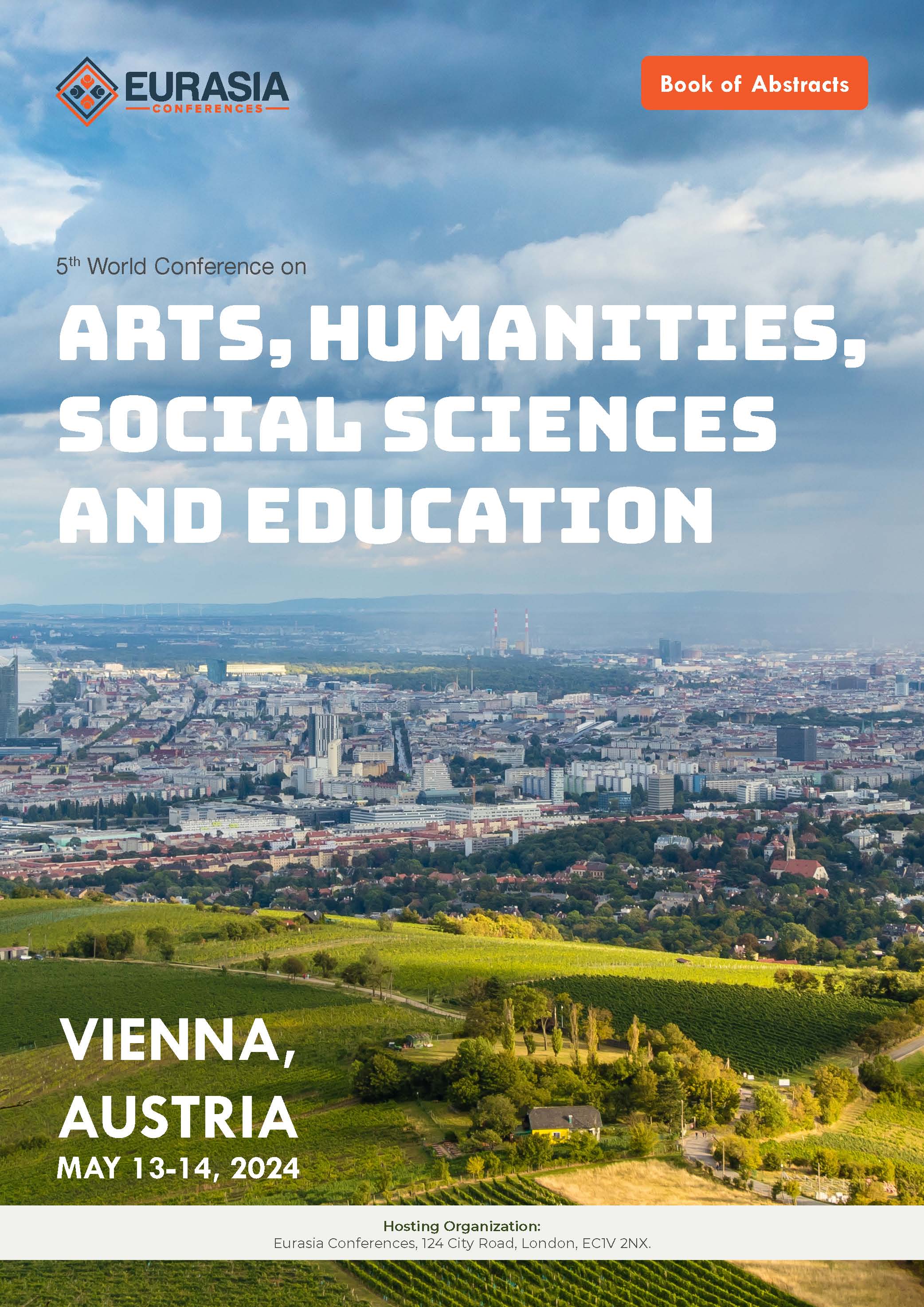
Sadhna Swayamsidha
This presentation focuses on the emergence of contemporary North East India’s tribal anglophone fiction that portrays the co-constitutive associations, links and relations between the Angami indigenous tribe in Nagaland and their surrounding environment. It engages with Naga tribal writer Easterine Kire’s novels, Son of the Thundercloud (2016) and When the River Sleeps (2014) in order to argue how Indian tribal writing conceptualizes the ‘Indic-indigenous’ environmental imagination in the twenty-first century.
The presentation shows how Kire’s writing evokes the philosophy of kincentric ecology where the boundaries between the tribals and their environment overlap to form a coalescent continuum of mutual existence. It analyzes and studies the Angami tribals’ perception of the environment as an ‘existential imperative’ or a ‘kin’, an internal psychosomatic presence that never ceases to be a part of their consciousness. The presentation elucidates the importance of Indian anglophone writings, in the context of tribal ecologies, that cultivate awareness about indigenous ecological perspectives and showcases the emerging corpus of Kire’s works as a vital portion in the study of Indian environmental literature in the Anthropocene. This presentation argues that kincentric ecologies provide an affective model of theory and praxis that engages with ideas of natural contract and paves a “new approach to ecological discourse” (Ferri 2019, 68). The new approach focuses on inter-relations and encourages the replacement of homocentric ideas of land ownership and possession with values like stewardship and respect for the non-human world.